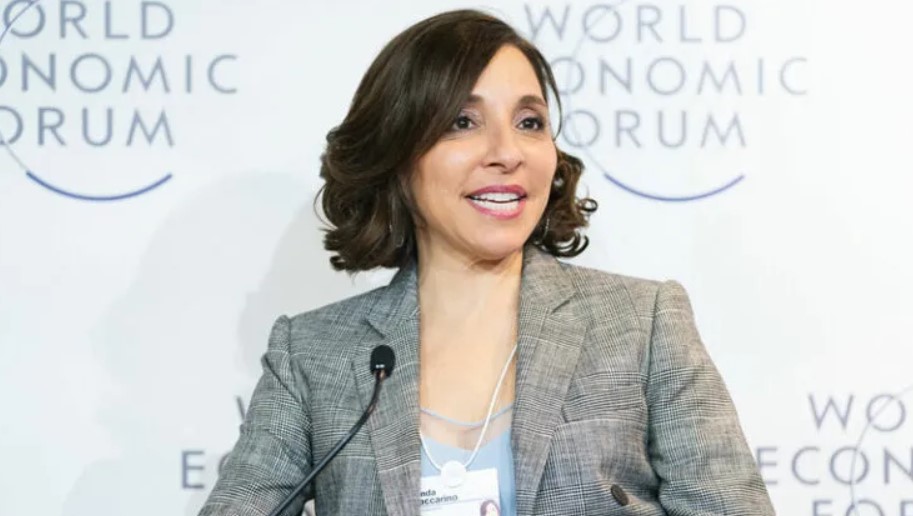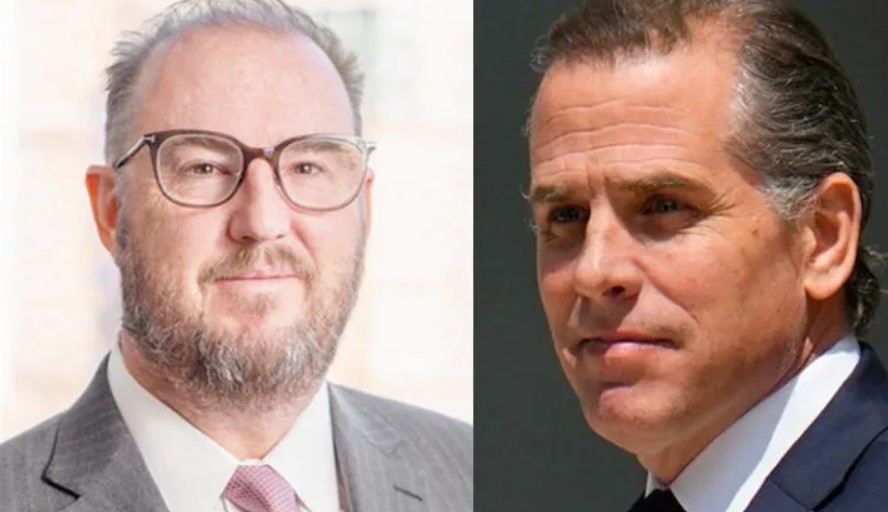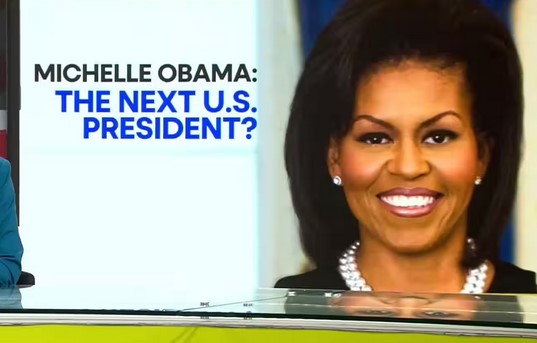Twitter’s WEF-Linked CEO Unveils New Anti-Free Speech Agenda

Twitter CEO Linda Yaccarino has just unveiled a new anti-free speech agenda for Elon Musk’s social media platform, now known as X. Yaccarino, a World Economic Forum (WEF) member and former top NBC advertising executive, has announced a new “shadowbanning” operation at Twitter.
She was appointed as the chief executive by Twitter’s owner Elon Musk to manage the day-to-day operations of the Big Tech company while he focuses on the technology side.
During a new CNBC interview, Yaccarino reasserted her independence from Musk, placing him firmly in a tech-based role.
However, Yaccarino has reignited concerns of censorship on Twitter by announcing that the company will crack down on speech deemed to be “lawful but awful.”
X CEO Linda Yaccarino: “Lawful But Awful” Content To Be Hidden…
Who decides what “awful” means?
pic.twitter.com/Sd4sdhiuIg— Dr. Anastasia Maria Loupis (@DrLoupis) August 10, 2023
According to Yaccarino, Americans will not be permitted to exercise their First Amendment rights to legally express themselves.
She confirmed that speech will, in fact, be policed and content will be hidden by Twitter if it’s considered to be “awful,” even if it doesn’t break any laws.
Her remarks raise fresh concerns surrounding freedom of speech and the direction online platforms should take in moderating content.
Since he first suggested buying Twitter, Musk had insisted that protecting free speech was his top priority.
During the interview, Yaccarino discussed the demarcation of duties between herself and Musk.
She revealed that Musk is now only focusing on “product design” and leading “a team of extraordinary engineers [focusing] on new technology.”
However, it is her stance on the platform’s content policies that raised eyebrows among opponents of censorship.
She declared that “X is committed to encouraging healthy behavior online.”
In clarifying X’s approach to moderation, Yaccarino introduced the concept of “freedom of speech, not freedom of reach.”
The comments were a reference to a policy where users are not guaranteed that their followers will see their posts if the narratives are not in line with approved standards.
Those who fall short of these standards are labeled, possibly demonetized for that content, and have their visibility reduced on the platform.
“If it is lawful but it’s awful, it’s extraordinarily difficult for you to see it,” she remarked, suggesting that content deemed undesirable will be shadowbanned by Twitter.
WATCH
Some free speech advocates are raising concerns that this strategy of content labeling and demotion signals the return to censorship on Twitter.
They argue that the distinction between “awful” and “lawful” is often a subjective one and fear the potential for misuse.
Like “hate speech” or “misinformation,” the term “awful” is also incredibly, and most likely internationally, vague.
Are Dr. Anthony Fauci’s false claims about the origins of Covid considered “awful?”
How about Hillary Clinton’s fabricated allegations that President Donald Trump was working with Russia?
Or the absurd statements about “global boiling” from the United Nations Director-General Antonio Guterres.
As we’ve seen repeatedly, “awful” will most likely refer to conservative talking points while giving a blanket free pass to leftist extremism.
The decisions and comments made by Yaccarino may seem to some like a strict stance against divisive or hurtful rhetoric.
However, the announcement is seen by many as an alarming shift away from the ethos of open dialogue and free speech.



